BEIRUT: The Lebanese Army vowed Saturday to drive out all terrorists from the northern city of Tripoli, the scene of raging gunbattles between soldiers and militants. “The Army affirms that it will move forward with its military operations until all gunmen are eliminated and prevent any armed presence in Tripoli to allow residents to […]
Did you know that about eight in 10 employers will Google a job applicant before inviting them in for an interview?
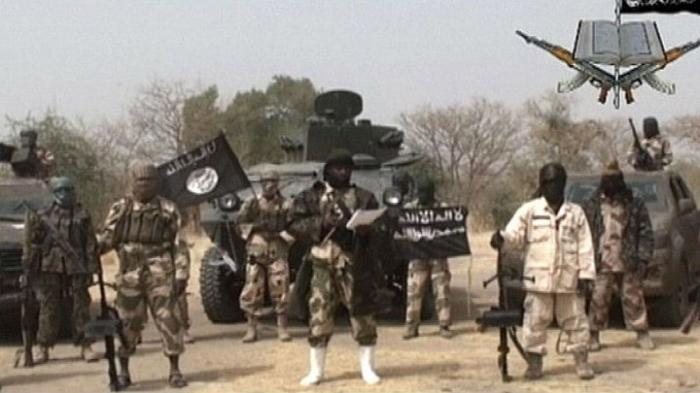
LOS ANGELES, CA (Catholic Online) – John Kwaghe lost three daughters to the terrorist militants, and also witnessed the attack. Dorathy Tizhe lost two daughters, and said that the militants came late in the night. "We are confused that hours after the so-called ceasefire agreement has been entered between the Federal Government and Boko Haram insurgents, our girls were abducted by the insurgents," Kwaghe said.
"We urge the government to please help rescue our daughters without further delay, as we are ready to die searching." It has been nearly a week since the government announced the ceasefire deal, which includes the release of the girls that were kidnapped from the Chibok secondary school, but so far there is no sign that Boko Haram is going to follow through on their part of the agreement. There was a separate attack late on October 22, where a bomb exploded at a bus station in the town of Azare in the stat of Bauchi in northern Nigeria. The explosion killed at least five people, and wounded 12. Though there are no official reports on who was behind the attack, Boko Haram is suspected.
Joseph A. Kechichian Senior Writer,
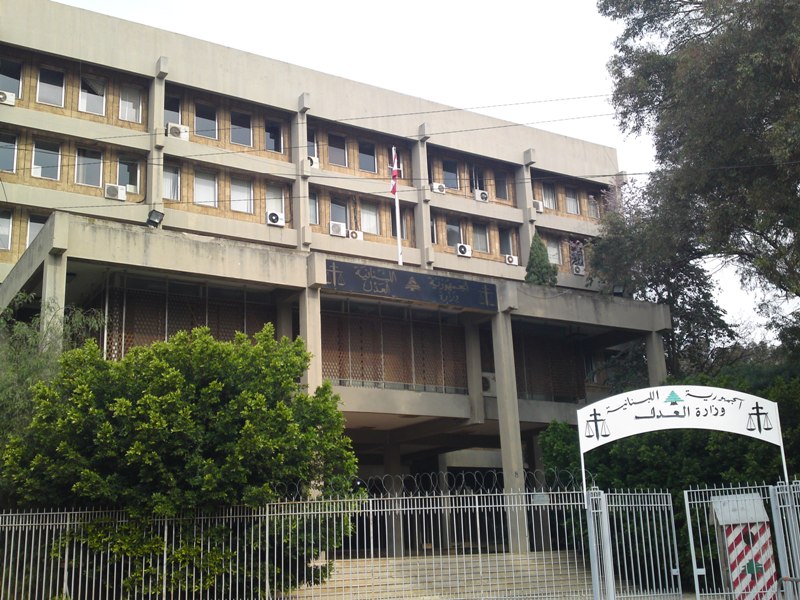
Beirut: In a country where a member of parliament—as well as a former minister—assaults a Ministry of Justice employee because he demands immediate attention, the very definition of corruption takes on an entirely different meaning, even if the vast majority of Lebanese crave law and order.
Whether a direct result of the long civil war that crippled the country’s institutions, or the effects of the three-decades long Syrian occupation, or even because of the overall lawlessness encouraged by ongoing militia activities, a certain mentality towards justice emerged that can only be described as being selective. Although Gargantuan efforts were deployed to maintain a semblance of impartiality, rendering justice in Lebanon was politicized, mimicking every other enterprise.
On the surface, Ministry of Justice statistics affirmed that a total of 139,119 new cases were added to the 390,808 pending civil and criminal files between October 1, 2006 and 30 September 2007, the last year for which such data was available. During the same period, 122,704 cases were adjudicated—an 88.2% rate of efficiency on incoming files, although 407,223 files were left pending in the system. Such a high rate illustrated the attention of judges and other employees even if many resolutions were the result of corrupt practices. According to Khalil Khairallah, a lawyer and professor of law at the Lebanese University who was recently quoted in local papers, a member of the higher judicial council confirmed “that most judges were corrupt.”
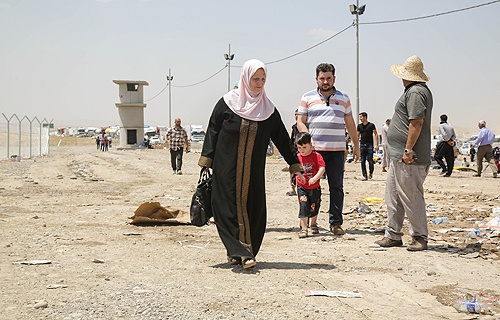
.- Reflecting on his recent trip to the Holy Land and to Iraqi Kurdistan, Archbishop Paul Coakley of Oklahoma City said that for all practical purposes, the bishops of Mosul no longer have Churches to shepherd. “When we were in Erbil, we met with the Archbishop of Mosul, who along with his priests and all of the faithful of the archdiocese, have been driven out,” Archbishop Coakley told CNA in an Oct. 16 interview.
“He is, in effect, the archbishop of a Church that no longer exists.” Archbishop Coakley continued, saying, “they’ve all been scattered. There are no more Christians in his archdiocese. That’s a traumatic, but illustrative situation, of what’s happening there, and what can happen, if things don’t improve.”
There are in fact two Catholic archbishops of Mosul: one for Chaldean, and one for Syriac Catholics. Both of them, as well as three Orthodox bishops, were forced from their home along with their people by the Islamic State in mid-July – three months ago.
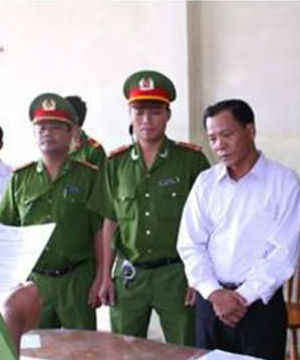
(CNA/EWTN News) – "There’s a huge gulf now" between China and the Catholic Church, Smith stated during an Oct. 9 conference call with reporters. He acknowledged that "the underground church has been brutally persecuted in China, both Protestant and Catholic," but said that now even the state-recognized church is facing persecution.
"The Patriotic Church, the Catholic Church, they are being targeted with church demolitions and other kinds of repression which we have not seen before. So there’s a great deal of concern that religious freedom, as bad as it was, has further deteriorated in China."
Smith and Sen. Sherrod Brown (D-Ohio) co-hosted the teleconference, focusing on the latest annual report from the human rights monitoring group, the Congressional-Executive Commission on China. Both lawmakers cited various ways that the Chinese government has infringed upon the freedom of its citizens, including gross violations of human rights and targeting churches.
- Joseph A. Kechichian Senior Write
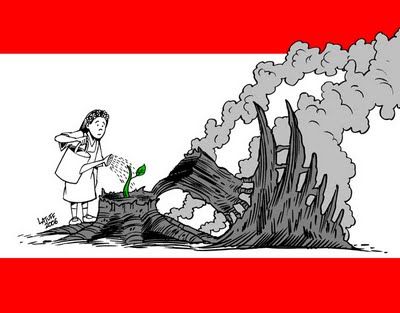
Beirut: Fought over 15 bloody years, the Lebanese civil war (1975-1990) finally stopped after protagonists accepted the October 22, 1989 Ta’if Accords, even if its recommendations were never implemented. On Wednesday, senior officials inaugurated a two-day conference—“The Ta’if Agreement 25 Years Later”—to mark the agreement’s silver jubilee, ostensibly to initiate a long overdue conversation on its provisions, including plans to abolish political sectarianism in parliament, create a Senate that would preserve the 1943 National Charter, balance development needs across the country, and draft an election law that ensured fair representation.
Organized by the Civil Centre for National Initiative and the Friedrich-Ebert-Stiftung Foundation, conferees were invited to take part in four discussion panels on Thursday where eleven Lebanese political groups, international officials, religious figures from various sects along with representatives of civil society organizations exchanged notes. On Friday, attendees were expected to appraise whether Ta’if was still relevant in the current regional context, in light of the civil war in Syria.
BEIRUT: Families of the 27 Lebanese soldiers and policemen being held captive by Islamist militants Monday threatened a “day of rage” if the government failed to show significant progress toward the release of the hostages with two days. "We give the government and political figures 48 hours before we launch a ‘day of rage’ […]
BEIRUT: The patient who was said to have been showing symptoms of Ebola and reportedly tested at Beirut’s Rafik Hariri University Hospital Thursday was never suspected to have been infected with the disease, a hospital official told The Daily Star, saying that hospital workers were conducting a drill. The doctor responsible for "testing" the […]
The cabinet on Thursday endorsed a plan aimed at halting the flow of Syrian refugees into the country, except for “humanitarian cases,” noting that any displaced person who visits Syria after the decision will be stripped of the refugee status. “The cabinet endorsed the paper related to restricting the entry of refugees across the […]



